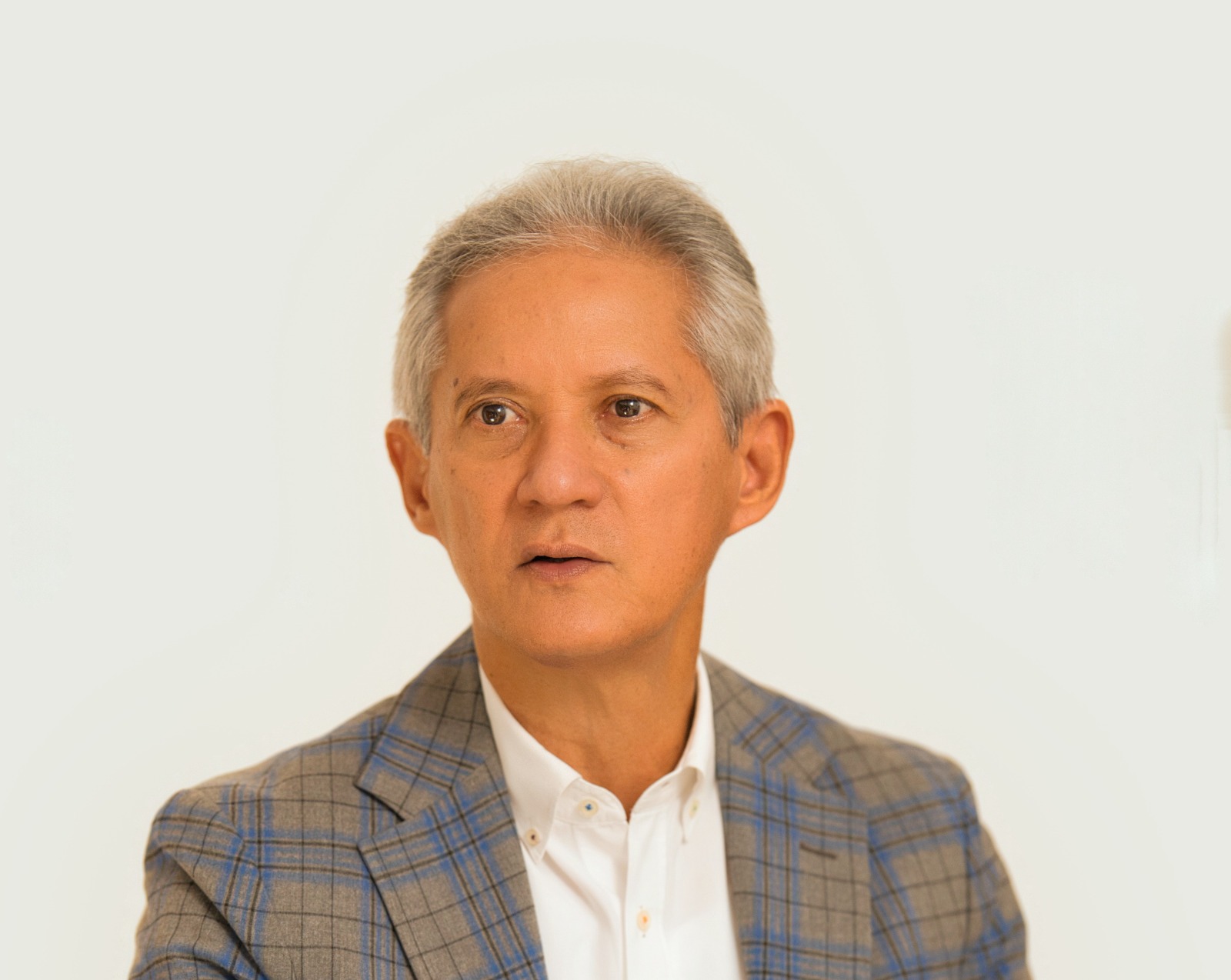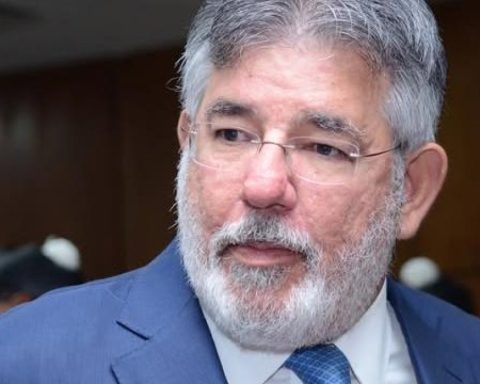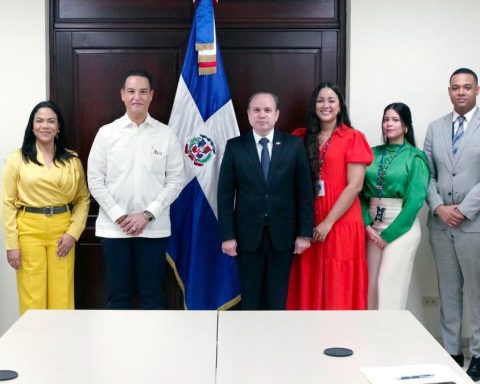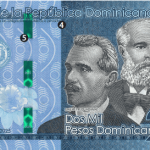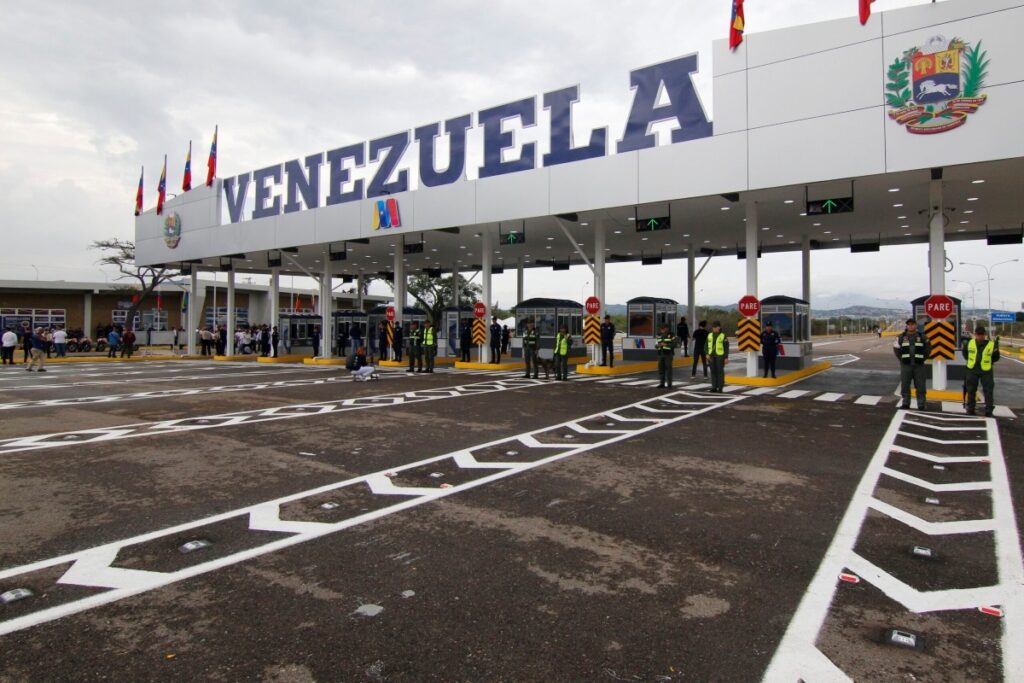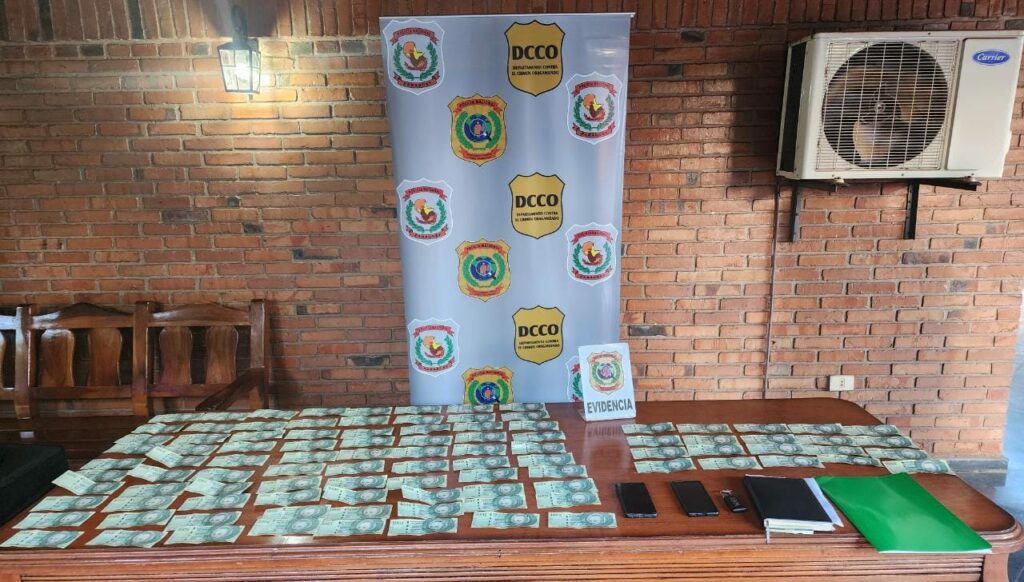SANTO DOMINGO.- The economist of the People’s Force, Haivanjoe Ng Cortiñas, indicated that the issue of protecting rice producers should not be dealt with unilaterally for reasons of political campaign, because the DR-CAFTA free trade agreement is based on international economic law, which is based on the principles governing world trade, established by the World Trade Organization (WTO).
He pointed out that since the DR-CAFTA is a multilateral agreement, with bilateral aspects between the Dominican Republic and the United States of America, all the particularities must be addressed considering the rules contained in the same agreement and other legal systems that govern international trade, and not with populist poses, linked to politics in the face of the 2024 presidential elections.
NG Cortiñas points out that the Free Trade Agreements (FTA) create rules, rights and obligations that must be fulfilled by the parties involved, for which, in the case of rice, the Dominican Republic can resort to Law 489-08 on Arbitration Commercial, as a method of resolution and the safeguards established in the aforementioned commercial agreement.
Referring to the position expressed by President Abinader, the economics professional and leader of the Fuerza del Pueblo said that acting unilaterally on points considered harmful to the country can cause more harm than good to the Dominican economy, to producers farmers and final consumers, as the United States is our main trading partner and ally and, furthermore, a key country in the DR-CAFTA trade agreement.
He added that the economic and reputational consequences would be greater than simply presenting themselves as defenders of rice farmers, especially when the country was not prepared for something that was contractual.
“The ideal is to go to the resolution of the conflict through the authorized channels and do it with the intelligence that such a delicate issue demands, because it is the main product of the diet of all Dominicans and because it is an item that incorporates a lot of labor, probably between direct and indirect jobs in an amount that exceeds 300 thousand”, he specified.
Haivanjoe Ng Cortiñas said that the consequences could affect Dominican trade with the United States, without forgetting that the trade volume exceeds US$19 billion a year, of which the DR exports to that country, close to US$7 billion, which may mean that the position of President Luis Abinader comes out to the country, “salt more expensive than the goat.”
Finally, he warned that this forecast should be avoided in all circumstances. “As an example, a position of the United States regarding the attempt for the country to make a unilateral decision on rice, may be to discourage foreign investment made by them in the Dominican Republic, hinder the flow of tourists and even remittances” , narrowed.
